"How can we do better than Dead Cells?": Motion Twin follows a roguelike icon with a co-op game under huge but "good" pressure with "millions" waiting
Dead Cells is a legendary roguelike, so Windblown has a lot to live up to
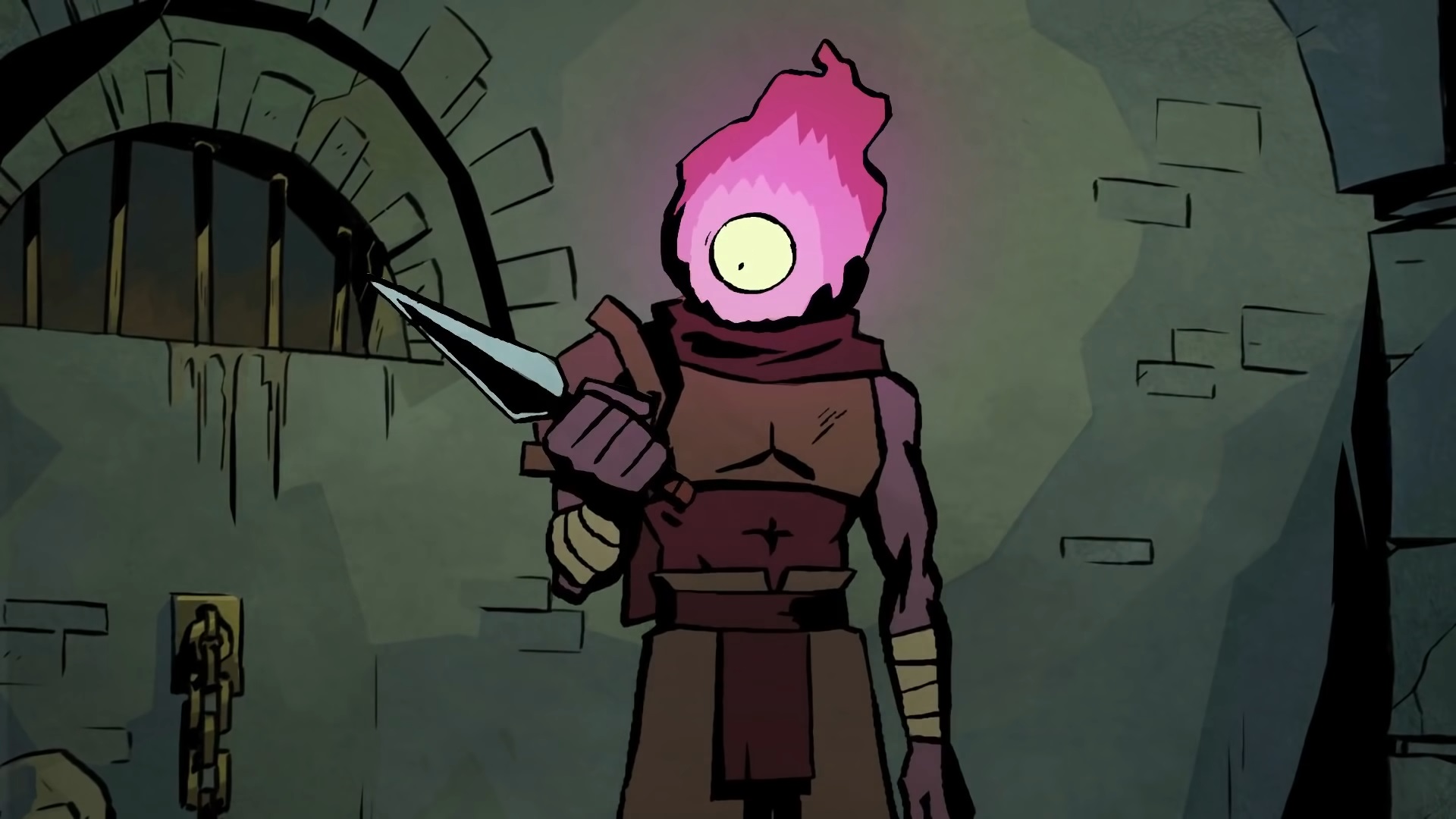
The earliest seed for the follow-up to roguelike darling Dead Cells emerged the way a lot of games do: over a beer. The folks at studio Motion Twin wanted to make something new as co-developer Evil Empire continued to support Dead Cells, ultimately with years of excellent expansions and updates. The team's brainstorming often played out at a bar. Developer Thomas Vasseur tells GamesRadar+ that there were a lot of competing ideas within the worker-owned studio, and newer hire Yannick Berthier says they weren't even going to make another roguelike at first. "But habits came back quite quickly," says Berthier, and sure enough, Motion Twin has another roguelike coming soon: Windblown, a three-player co-op action game launching in Steam early access on October 24.
In my mind, Windblown belongs on the same shelf as the likes of Hades 2 and Slay the Spire 2. It's a new game from a beloved studio that's directly building on a pillar of modern roguelikes. Our first hands-on impression of Windblown was mighty promising, and with Dead Cells being one of the best roguelike games of all time, selling over 10 million copies as of 2023, there are waves of anticipation and expectation behind Motion Twin's second game. That reputation can be both intimidating and motivating for the studio's small team of eight, but Vasseur and Berthier say the chance to make something new and revisit a genre they love has been propulsion enough.
Responses edited for clarity and length.
The second album
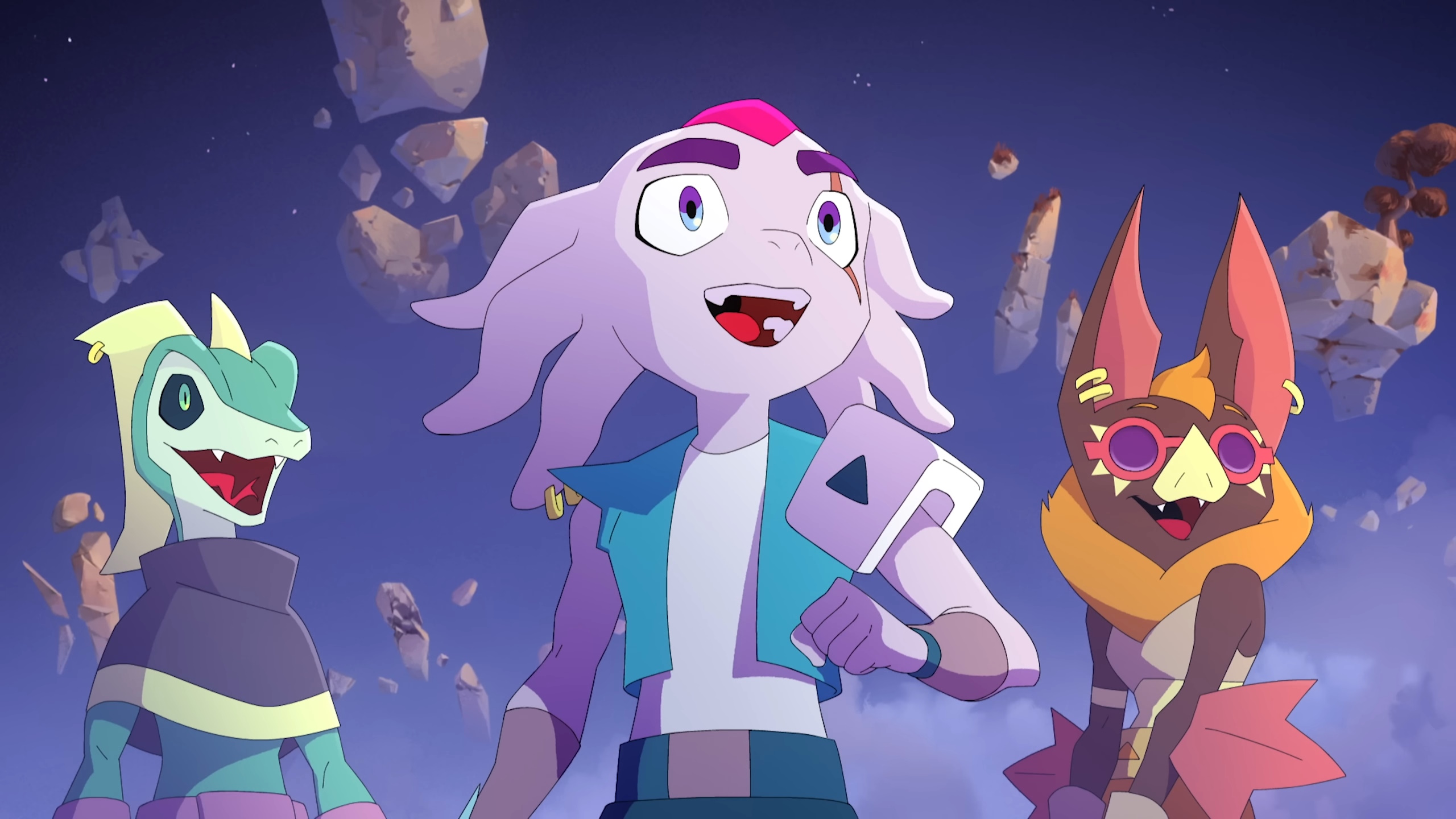
Dead Cells was, of course, "a huge inspiration," but the two games weren't always so similar under the hood. "Actually, I think we are a bit closer to the Dead Cells formula right now than we were even a year ago," Berthier says. "We tested a lot of systems that were really, really different in terms of unlocks, how the weapon works. We got systems that were closer to Binding of Isaac or something that was closer to Hades, and at some point, we went a bit back to the roots.
Let's go back to the basics of Dead Cells and let's see how we can enhance the formula
Yannick Berthier
"We are facing the same problem that the original Dead Cells team faced at one moment. How do you make sure that people renew their experience enough between runs? How do you make sure that when you get a reward, it pushes you to do another run? How, inside the run, you feel a feeling of progress, and suddenly you feel god-tier, maybe until the end, if you're lucky enough, and then you will have that memory that will stay on your mind. That was the run. So that should exist. But also in the most common runs, how do you feel? Because what we are aiming for is diversity. I think that that's something super strong in our intention and in the whole team, to really push to never have the same run two times."
In many ways, Windblown is a chance for Motion Twin to improve on some ideas from Dead Cells. For example, Vasseur says they were always "frustrated" that dual wielding never coalesced in a truly synergistic way, and now Windblown has "Alterattacks" which combo your two weapons together in combat-defining ways. He says he was also encouraged by the Monster Hunter games, which have weapons "so incredible" that they pushed him to wring more depth out of their own.
"We tried, I don't know, three, four different weapon systems over the years," Berthier explains. "The last one before the Alterattacks and the dual welding was this idea of building a weapon. I don't think it was bad, but it was not amazing, and it was kind of going against us with the replayability. When you are able to customize one weapon, creating a lot of variety is quite difficult, and you're always making kind of the same weapon ... at one point we're like, it's not great enough. Let's go back to the basics of Dead Cells and let's see how we can enhance the formula and kind of make it even more beautiful somehow."
Sign up to the GamesRadar+ Newsletter
Weekly digests, tales from the communities you love, and more
Intentionally ridiculous
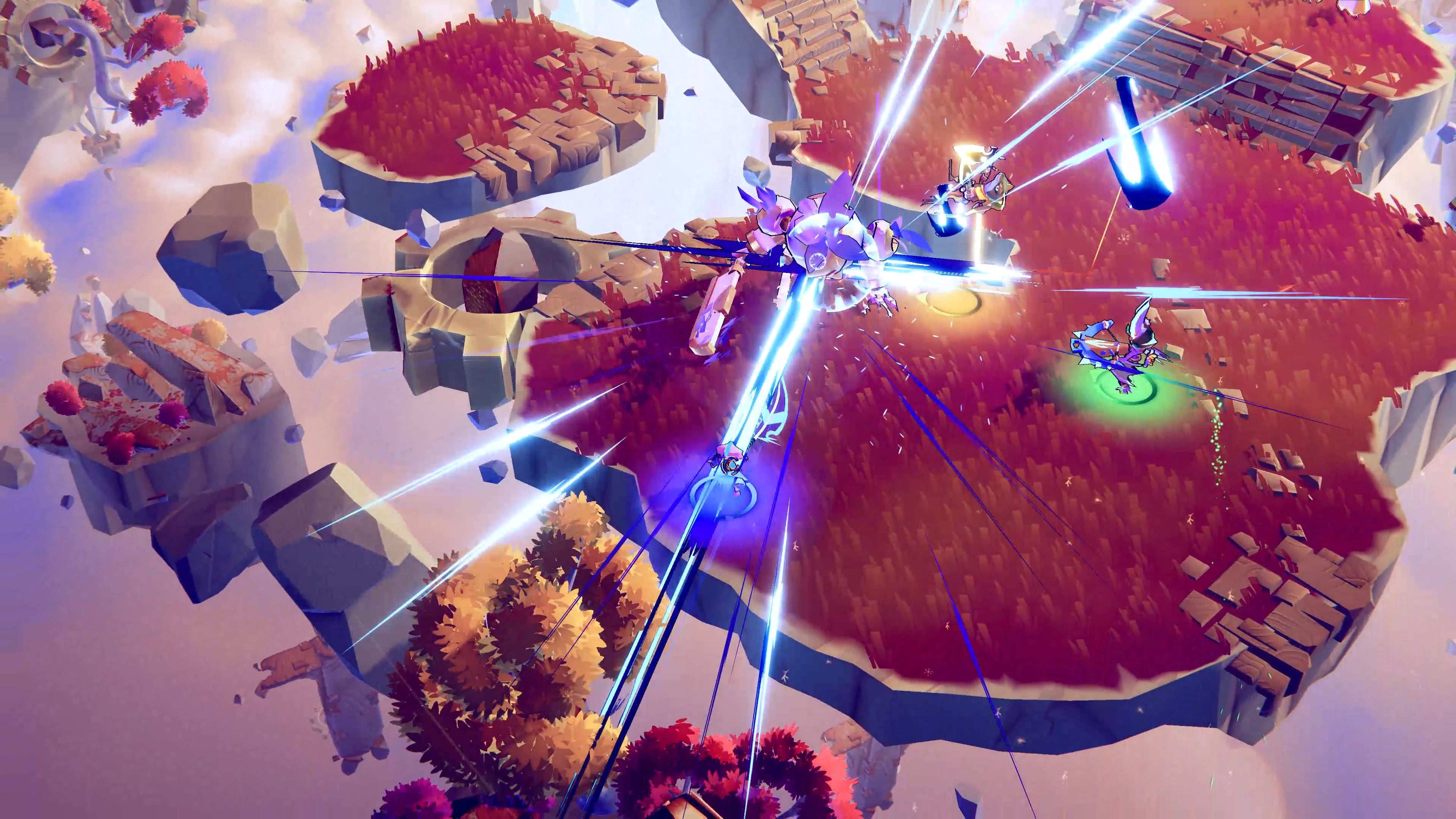
Fittingly, Windblown is also a ticket to new frontiers, and co-op was top of mind for the team, even before the start of development. "I think the first one was the idea of doing a multiplayer game," Berthier adds. "However it is done, it's a multiplayer action game."
OK, you know what Thomas, fuck it, let's remove the cooldown
Yannick Berthier
"The initial vision is: how can we do better than Dead Cells?" Vasseur recalls. "And I know it can be very huge. That was the starting point. And also, what we want to play now. After that, I think the main point was the multiplayer. We really want to make a game [with] multiplayer."
With the core ideas largely decided, the team moved onto the grittier stuff. The glue that holds Windblown together is its patently ridiculous dash ability, which sends you zipping around levels and dancing around bosses at breakneck speeds and with virtually no cooldown.
"That's the first mechanic, real, unique mechanic, that we created," Berthier says. "The idea being, I just want to remove all the friction from the locomotion. I'm on top of a cliff. Is it small enough so I feel like I could go down? I should be able to go down. And then when I reach the edge, I see a floating island like two meters away, I want to go there, and I want the computer to find a way to make that happen. That took, like, 23 versions for the algorithm. It has been quite long. And then once we had that, Thomas was like, 'Yeah, but I want to dash lightning fast.' And I was like, OK, you know what Thomas, fuck it, let's remove the cooldown when we pass a gap and, click, that was it. We had the pacing. We had the basis. And then we started working."
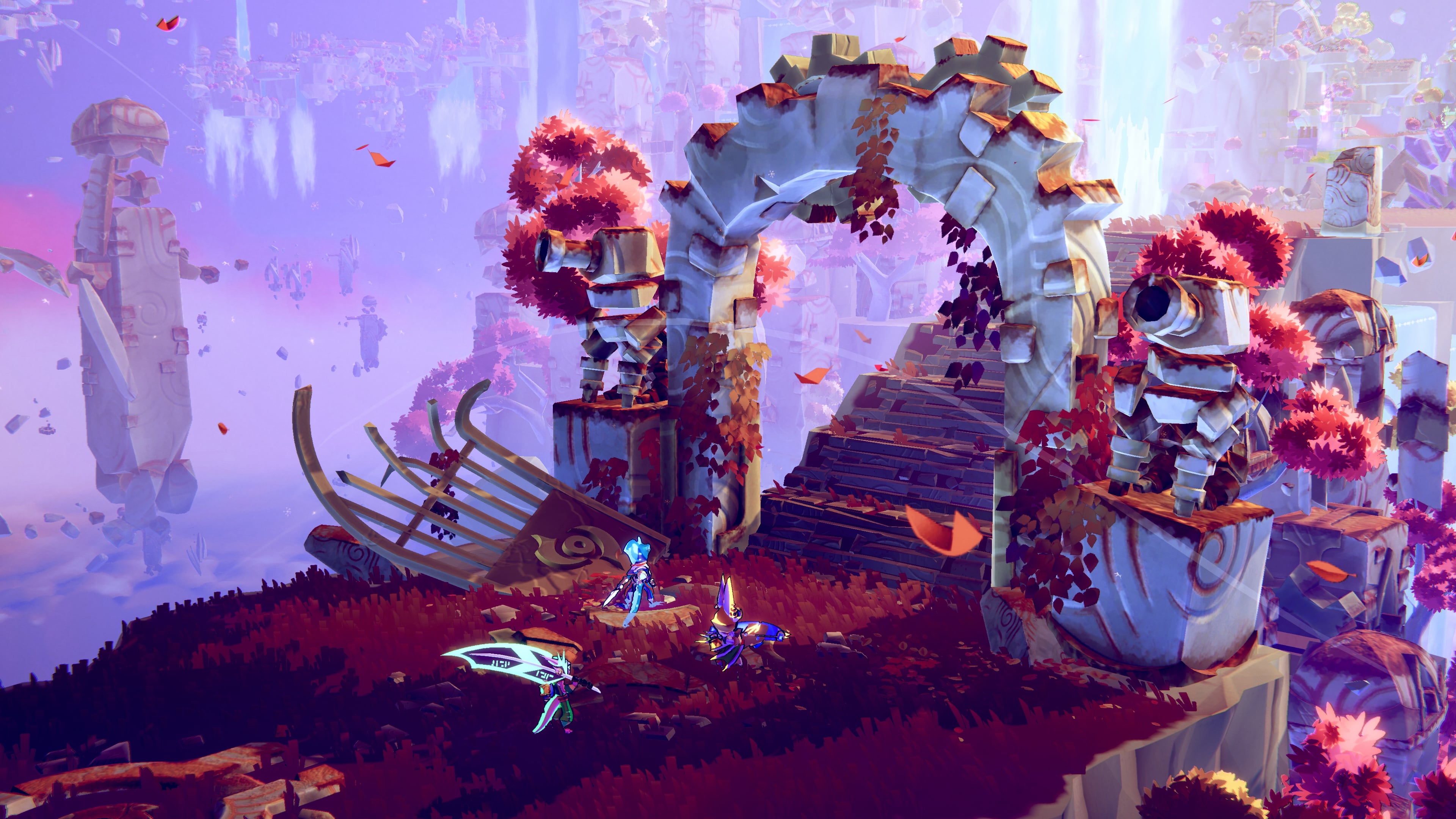
This iterative refinement will continue once Windblown is released, with Motion Twin planning for at least a year in early access. "Maybe it will be a year and a half," Berthier reasons. "Maybe it will be two years if we need it. We don't want to rush it. We want to make it good, at the level of quality that the players deserve."
The early access process is essential to the way Motion Twin operates, Vasseur asserts. "We are awaiting [October] 24th," he says. "You don't even know how we are awaiting it, because we know we will have a lot of feedback to enhance the game. So that's why we choose this model, because players are very, very helpful to make games like that."
"We've already done that, actually," Berthier adds, "because we were running closed alpha since February, so we had between 200 and 300 players that participated, and they already shaped the game in a lot of ways, in a lot of systems, even small, just funny stuff that makes the overall experience really cool or memorable. Nailing some weapons and their game feel to ideas of systems for the shop or for the co-op and so on. They already really made an impact on the game, and there were only 200, so hopefully we'll have more players in 15 days, no pressure. I should not say that word."
Life after Dead Cells
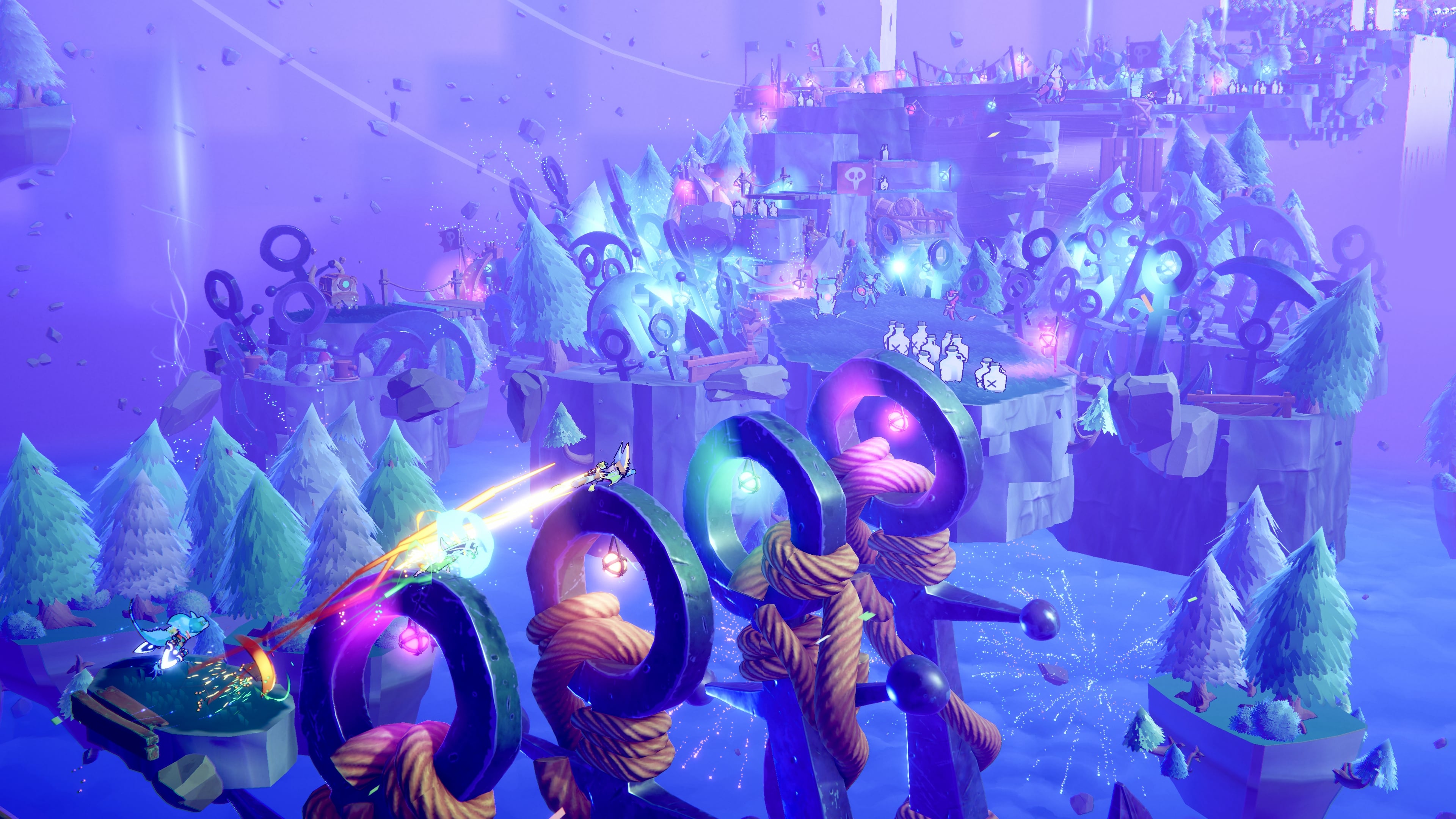
Pressure is inevitable with a follow-up like this. Dead Cells casts a big shadow – cooling and comfy in some ways, but hard to escape in others. "It's awful and very, very cool at the same time," Vasseur says. "Because when you want to do better, it's like you're running after another thing. So I think we needed this pressure to be effective in the development. But when it is too hard for us to think about that, we just remember what we are doing. We just wanted to make a game to play together. Motion Twin, we are playing together making video games, so it's an easy formula to us to make a game that asks people to play together."
We have a ton of things to do and a ton of things to say in this game
Thomas Vasseur
"It gives a bit of pressure," Berthier agrees. "You have to reach that level. Personally, I spent all my nights for a year and a half to, I don't know, kind of fill myself with all the knowledge that I missed in my previous experiences because I wasn't working on such games ... You have to push yourself to deserve to be part of such a team, which is an honor. You have to be efficient. It was fine, by the way. It was not like bad pressure. It was good pressure, pressure that pushes you to do great things."
As Windblown prepares for launch, the focus is on that build and improving the early access experience. The player-informed model worked wonders for Dead Cells, and Motion Twin is keen to repeat its success. I ask if they've also given thought to the farther future – if they want Windblown to have the same rare, long life of support and updates that Dead Cells received.
"If we can, why not? If we are lucky enough," Berthier says.
On a personal level, Vasseur hopes it's even longer. "Because it's multiplayer, it's co-op, and we have a ton of things to do and a ton of things to say in this game," he adds. "And yes, I really hope this will be longer than Dead Cells. That would be great."

Austin has been a game journalist for 12 years, having freelanced for the likes of PC Gamer, Eurogamer, IGN, Sports Illustrated, and more while finishing his journalism degree. He's been with GamesRadar+ since 2019. They've yet to realize his position is a cover for his career-spanning Destiny column, and he's kept the ruse going with a lot of news and the occasional feature, all while playing as many roguelikes as possible.


